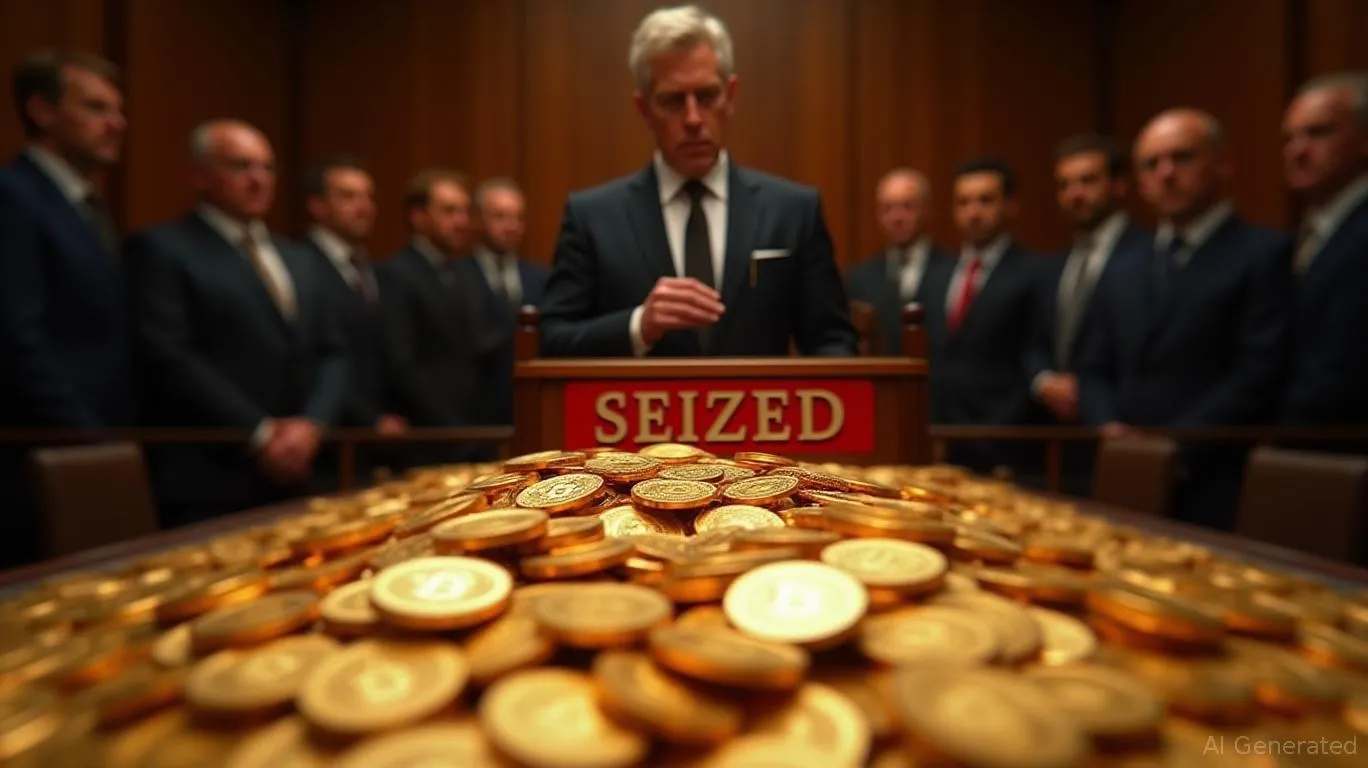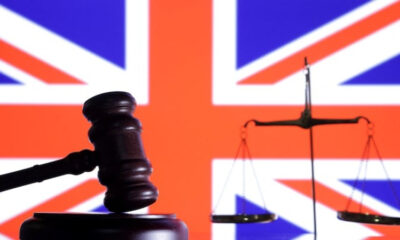Business
UK seeks to keep £5bn bitcoin haul in court amid asset recovery fight

Introduction
The United Kingdom has found itself at the center of one of the largest crypto-related asset battles in its history. Courts are now examining whether the government can retain nearly £5 billion worth of bitcoin seized during a high-profile financial crime investigation. The dispute could set a precedent for how digital assets are treated under asset recovery laws.
The case at hand
The bitcoin in question was confiscated after investigators linked the funds to an international money-laundering operation. Law enforcement described it as one of the most significant seizures ever carried out on British soil. Authorities argue that the sheer scale of the assets makes this more than a criminal matter, but also a test of regulatory and judicial boundaries.
Legal and financial arguments
Government lawyers maintain that the bitcoin should remain in state control, citing its origins in criminal activity. They emphasize that allowing claimants or intermediaries to retrieve the funds could undermine confidence in the UK’s asset recovery framework. Defense lawyers, however, are challenging the government’s interpretation of ownership rights in the digital economy. They argue that the state is overreaching and risks setting a precedent where private property, even if tainted by association, is too easily absorbed by the government.
Implications for crypto and regulation
The case highlights broader tensions in the crypto sector. As bitcoin and other digital assets become central to financial ecosystems, questions around seizure, custody, and legal ownership grow sharper. Observers note that the case may influence upcoming debates on crypto regulation, particularly on how seized tokens are stored, liquidated, or integrated into public coffers. Analysts also point out that the volatility of bitcoin adds further complexity. Should the government hold onto the £5 billion and bitcoin prices swing, the financial stakes could shift dramatically within weeks.
Conclusion
The UK’s attempt to hold onto a £5 billion bitcoin treasure is more than a courtroom clash; it is a test of how modern legal systems adapt to decentralized assets. Whatever the ruling, the outcome will shape the balance between state power, property rights, and the future of crypto governance in Britain.






















